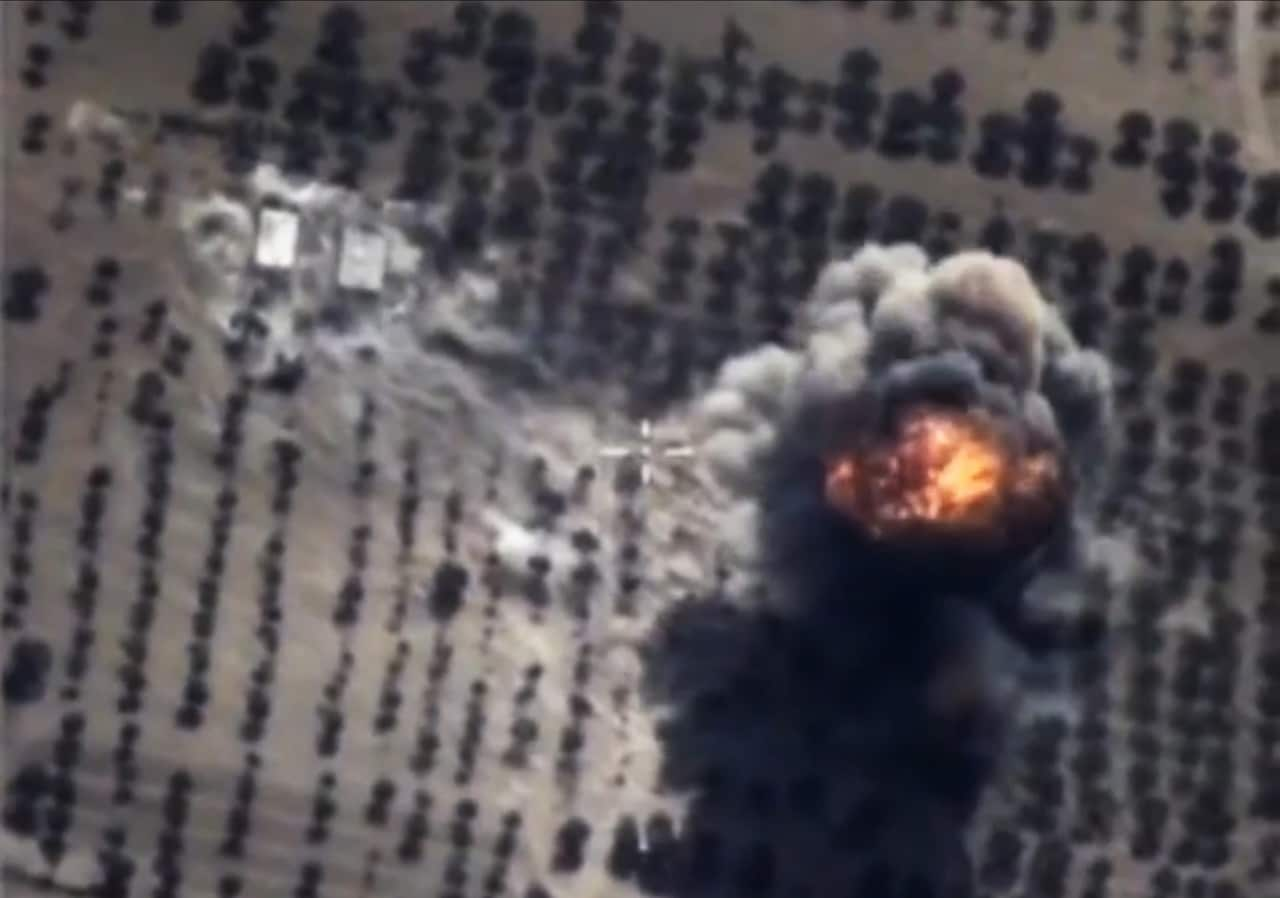It is a responsibility no-one would want to bear. But it is a question being asked everyday that the Australian Defence Force is in Syria.
How long should Australia's campaign in the Middle East last?
A US-led military coalition has been striking Islamic State forces and other extremists since September 2014, while Russia, a close ally of Syrian president Bashar al-Assad, started its strikes against opposition rebels and the jihadist group on September 30.
After the US, Australia is the second largest contributor in the battle against IS.
British fighter planes have carried out about 300 airstrikes against two targets in Iraq, while Australia has deployed its KC-30 air-to-air refueller for five missions and a control aircraft for one mission over Syria.
Canada carried out a number of strikes in Syria, before its new government ruled out maintaining the missions.
The US announced last month it would send up to 50 special forces soldiers to train Syrian rebels and will ramp up raids against high-value IS targets in Syria and Iraq.
The human cost
If US-led coalition forces employ a more aggressive strategy, it could mean more civilian lives are lost. On the other hand, if the campaign drags on for years, millions more in the Middle East could be displaced, which could also, ultimately, lead people to the same fate.
But all of the discussion around civilian casualties and the length of another campaign in the Middle East falls short for Dr Anas Natfaji.
He has been in Australia for more than a decade and he believes it is difficult to talk about numbers of lives lost when those people are your family and friends.
“It's very hard on my conscience to accept that it's ok to sacrifice few hundred or a couple of thousands right now because we think if we do that maybe we can have a change in the military balance and in forces on the ground.”
In a regular scheduled briefing last month the Department of Defence confirmed there had not been a single civilian casualty resulting from Australian airstrikes. Australia is also renowned for having some of the most stringent rules of engagement of any nation in the world.
What makes a successful military campaign?
Doctor Matthew Beard has written extensively on the conflict in Syria and has also spent years studying ethics and morality in war.
He said the definition of a successful military campaign has changed over the years.
"In the past that there have been shock and awe military campaigns that have tried to demonstrate overwhelming military force at an early stage in order to cut short a conflict and in the past they have shown limited success.”
"We've got to measure the harm that is being done according to the things that we consider to be intrinsically valuable. The most obvious consideration there is in terms of human lives, in terms of casualties."
All of this is considered as the situation in Syria becomes more complex.
At the same time the RAAF carry out air strikes across the north of Syria, Russia is doing the same in the south. Although there are questions as to exactly who Russia is targeting and their motives for being there in the first place.
Different rules of engagement for Australia and Russia
Not only is the airspace in Syria, a country the size of Victoria, more crowded; it also highlights the stark contrast in the rules of engagement and the strategy for the RAAF and Russian forces.
Dr Alexey Muraviev from Curtin University in Western Australia is the country’s leading expert on Russian strategic and defence policy.
He said though it seems like a bold strategy to the west, Russia is doing exactly what it intends to.
"I don't think the Russian pilots will be confined to such tight regulations as RAAF pilots," he said.

"The Russians obviously want to achieve results quickly they don't want to be fighting in Syria for months and years."
Former Army Chief Professor Peter Leahy said there is a good reason the Australian Government enforces tight rules of engagement.
"We must be very careful that we only hit the enemy. The enemy needs to be seen, he needs to be observed, he needs to be targeted," he said.
"The rules of engagement are very important for the protection of people on the ground but also for the protection of our pilots in case they make a mistake. So no, we don't need to relax them at all."
An effective campaign?
But for Syrian man, Dr Anas Natfaji, the current situation is not working.
He is calling for more consideration of a change of strategy.
"If you're fighting on the ground and you're fighting the bad, evil forces maybe you would possibly sparing some innocent lives lost from indecisive or inaccurate bombardment and shelling from aeroplanes."

